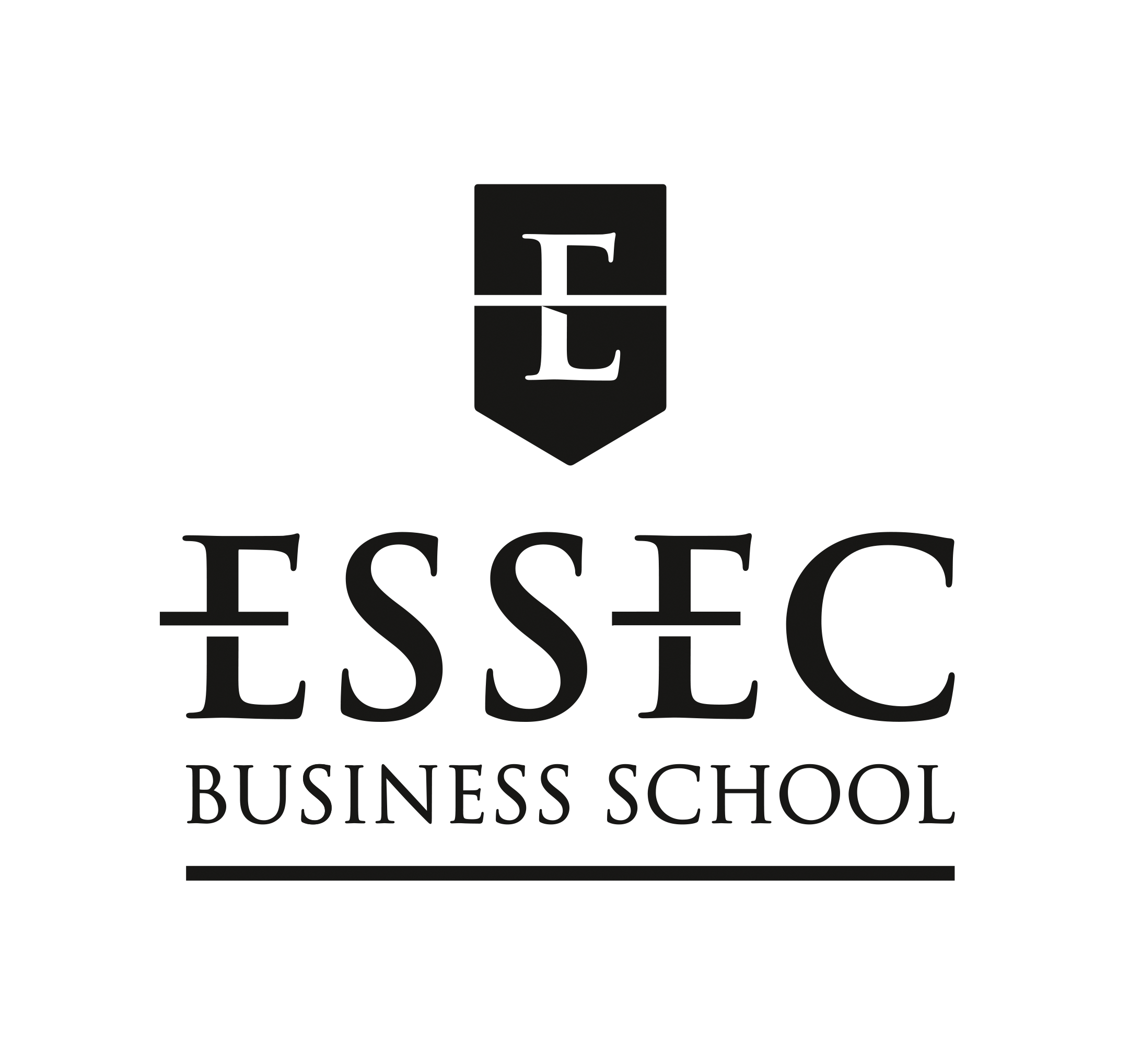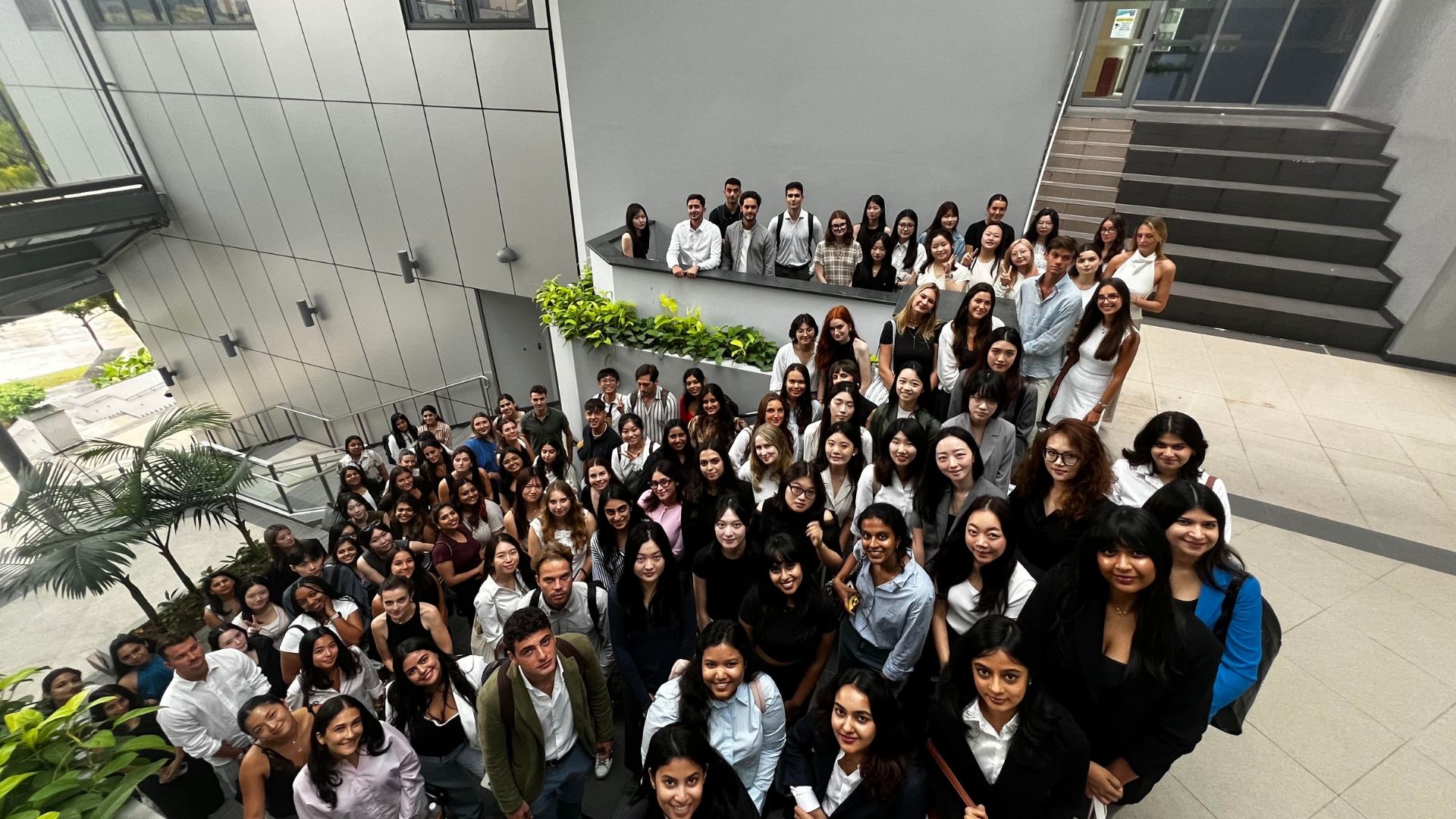Understanding your skills against the requirements for the target role is critical. We touched on this in our last Career Tips series and will expand on it this week.
Most people build their résumé by compiling a chronological list of work experiences and education.
From this point onwards, we recommend viewing yourself as a walking portfolio of skills.
Understanding Your Skillset
Understanding and highlighting your skills through achievements is the first step in building a good résumé.
Before writing your résumé, the first step is to audit your abilities and fully understand your portfolio skills.
You can start with your current résumé. If you do not have one, write down all of your responsibilities and achievements that you have had during your internships or full-time roles.
Then, for each item, analyze the skill that it represents.
For example, let’s say you have the achievement “Negotiated a product distribution contract in Thailand, Indonesia, and Singapore, increasing sales by 10% while maintaining margins.”
With this achievement, you can add negotiation, cross-cultural understanding, product pricing, and product costing to your portfolio of skills. You can use this same approach with your co-curricular activities.
For example, “Captained football team to the regional championship” would highlight your leadership, teamwork, and communication skills.
Applying Skills to Achievements
It is time-consuming, but once you have completed an audit, you will understand your overall portfolio of skills and which ones you use regularly.
You will also have an advantage because most candidates must fully understand their skills.
This approach will give you confidence that you have plenty of marketable skills to highlight in your résumé.
After you complete this, you will always be able to compare any job description to your list of skills and map it back to the exact responsibility or achievement that represents that skill.
It will make customizing your résumé for specific roles much more manageable.
Conclusion
To recap, the first important step is understanding your skills portfolio.
One should do a skills audit by reviewing a complete list of responsibilities and achievements and documenting the skills that they represent.
A good understanding of your skills will have other benefits discussed in our future career tips.
Learn more about developing a winning résumé, building a solid network, and other insights on professional growth from our regular Career Tips series.
RELATED POSTS
Building a Personal Brand While You Study
How students use LinkedIn, blogging, or speaking engagements to stand out.
Finding Your Fit: How ESSEC Asia-Pacific Career Services Help Global BBA Students Build Meaningful Career Paths
As Manager of Career Services at ESSEC Asia-Pacific, Cerella Sim draws on over a decade of recruitment experience to help Global BBA students…
Success After Graduation: Alumni Job Outcomes in Asia
ESSEC Asia-Pacific's Global Bachelor of Business Administration (GBBA) program effectively prepares students for successful, globally-focused…
What I Learned from Failing My First Job Application
First rejection taught ESSEC alumna Medha Thakkar that career setbacks spark growth, leading to resilience, networks, and unexpected opportunities.
Career Success Through the ESSEC Global BBA
ESSEC's Global BBA transforms students through immersive professional experiences, international mobility, and real-world learning opportunities…
The Asian Etiquette Guide for ESSEC Asia-Pacific Students
Asian business etiquette translates cultural awareness into competitive advantage through respectful greetings, proper hierarchy navigation, and…








